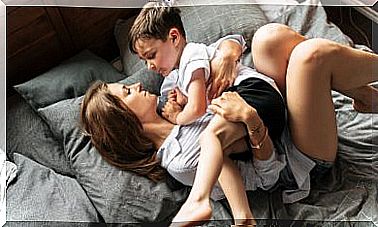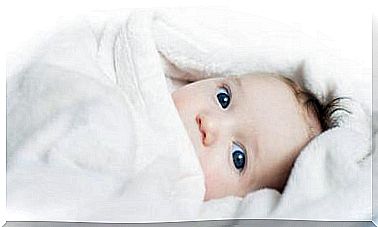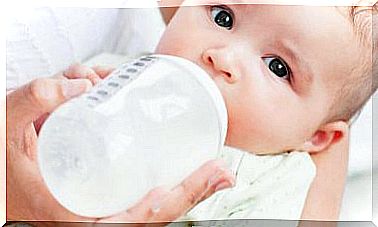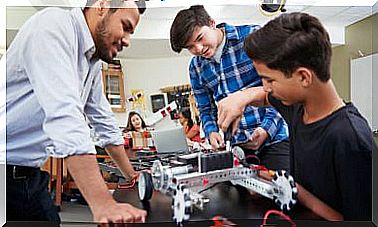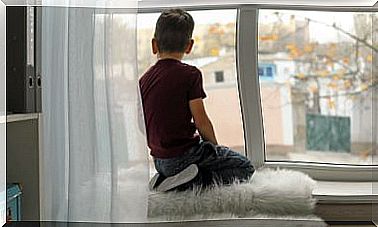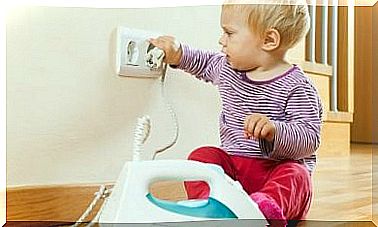Care To Avoid Infections
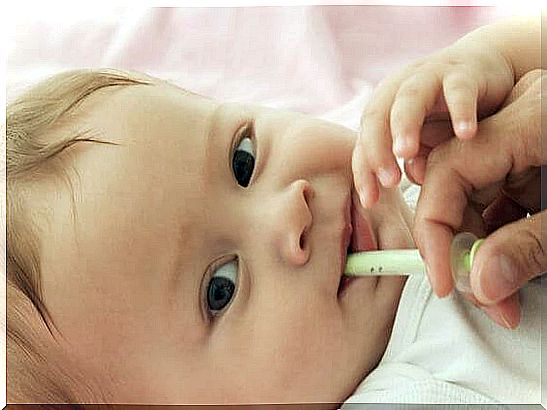
Generally, mothers arm themselves with hundreds of tips and precautions to avoid what they consider their worst nightmare: the infections of their fragile and delicate babies. However, the majority tend to neglect key aspects while complying with the letter others without scientific support that are myths.
Now, can these pesky pictures be prevented? Of course, yes, and that is why we have consulted specialists from both the Neonatology and Pediatric Infectology areas who gave us several tips and basic care to avoid infections in babies.
Personal hygiene and home cleaning, keys against infections
Yes, in the first instance, you should fight against the unwanted and common “I take a bath tomorrow” or “I don’t want to wash my hands” if you want to prevent infections and ensure a healthy life for your little baby.
As a correct personal hygiene of each member of the household will be essential to keep away viruses and bacteria that necessarily lead to childhood infections. For that, it will be necessary to instill hygiene rules in your child from a young age.
At the same time, we will become the living example of the importance and practice of these personal hygiene guidelines, which you should not neglect under any point of view, even when they are complicated or not easy for you to carry out.
On the other hand, cleaning the home will be as necessary as the hygiene of each individual who lives in it. It is essential to maintain clean sheets and cushions, floors and tables where the baby can stay or support their limbs.
Likewise, it verifies that all its objects, especially those that tend to be put in the mouth, are in perfect condition and disinfected. You will avoid, therefore, sucking his pacifier to “clean” it, use his bottle without sterilizing it, put his things on the floor, chew and blow his food or give him kisses on the mouth.
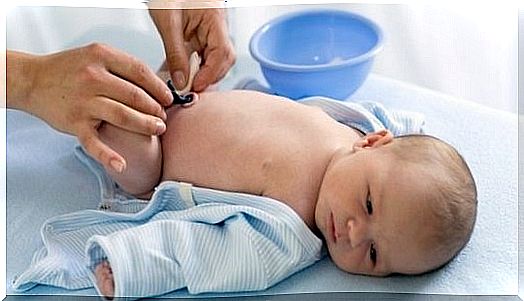
Food hygiene, a neglected factor in fighting infections
If you are concerned that your child will contract infectious diseases, you should take into account these tips to prepare and consume food without posing a risk to the health of your loved ones, young or old:
- Clean cutting boards, cooking surfaces, knives, and other utensils after they have come in contact with raw food, especially every time you handle fruits, vegetables, and meats of any kind.
- Wash vegetables and fruits before consuming them.
- Cook the meat until it is cooked correctly. Its juice should be clear and the meat should not be red inside.
- Avoid eating raw or undercooked eggs.
- Do not use unpasteurized milk or its derivatives.
10 Daily care to prevent infections in babies and children
- Air, ventilate and illuminate those closed environments of the house, even in winter to avoid “loaded environments”.
- Disinfect all rooms in the house, especially those where the baby stays. Put emphasis on the kitchen, dining room, bathroom, and her bedroom.
- Teach them from a young age to vigorously wash their hands with warm water and a good sanitizing soap, from the elbows to the extremities, incising the spaces between the fingers, for a long time and then rinsing with plenty of water to finally dry their hands. It is essential to take these measures before meals and after going to the bathroom.
- Keep your towels clean and spotless. Even for drying hands it is advisable to use disposable towels or paper towels.
- Nothing is more hygienic than keeping your nails and those of your child short, as it is a surface that usually collects endless bacteria.
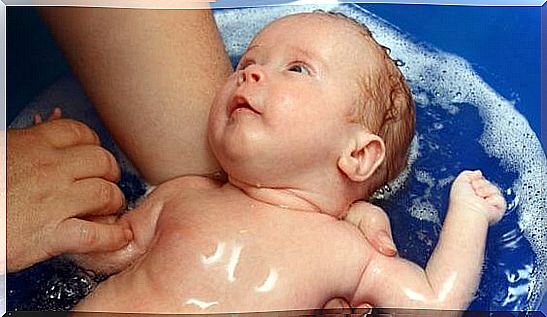
- Bathe your child regularly (preferably every other day), but take special care to check and clean especially the neck, folds and, fundamentally, his private parts.
- Brush your teeth with a correct and frequent brushing technique from the appearance of your first teeth since oral hygiene can prevent cavities, sores and other infections. Do it after every meal and especially before going to bed.
- Don’t kiss babies on the mouth ; Although it is a sign of affection, specialists indicate that it can be fatal. In the same way, avoid cleaning his pacifier with his mouth or chewing his food before giving it, as you would pass thousands of bacteria orally.
- After going to the bathroom to relieve yourself or to clean the diaper, it is essential to do a ritual: first the senior person in charge of intimate hygiene washes his hands, then wipes his tail towards the back to avoid carrying bacteria to the genital area . Likewise, the intimate part of girls should be cleaned from front to back to prevent urinary infections. After this series, wash your hands again.
- In winter times, ensure that all members of the household cover their noses and mouths with a disposable tissue when coughing or sneezing, as well as avoiding people with a cold or other contagious disease from approaching the baby. It may not cause a major inconvenience in adults, but in children that same virus or bacteria can trigger a more complex picture.



